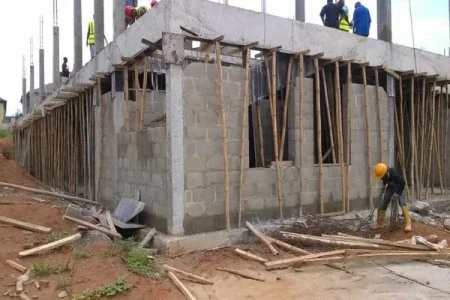
Inflation and exchange rate fluctuations have led to a staggering 200% increase in construction costs over the past two years, exacerbating challenges in Nigeria's building sector. The depreciation of the naira has driven up prices of imported building materials, while local materials have also seen hikes due to production and transportation costs.
Essential materials like cement, blocks, and reinforcement rods have witnessed price spikes of over 75%, making housing increasingly unaffordable, particularly for low and middle-income earners. Labor costs have also surged, with artisans doubling their daily rates in response to rising expenses.
The ripple effects extend to rental prices, with accommodations seeing steep hikes across the board. Experts warn that without government intervention to reduce construction costs and stabilize the economy, the housing deficit will continue to grow, exacerbating homelessness and hindering economic development.
Urgent measures are needed to promote the use of locally produced materials, reduce bureaucratic bottlenecks, and create a conducive regulatory environment for investors in the construction sector.
Source: The Guardian




